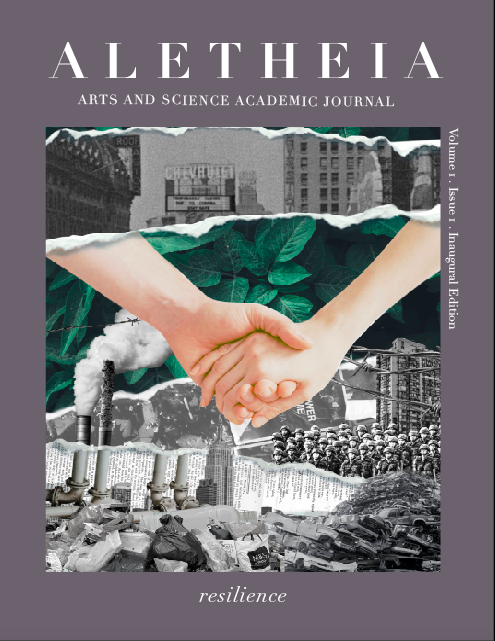CUBAN URBAN AGRICULTURE AND THE CHALLENGES TO ORTHODOX WESTERN ECONOMIC DISCORSE
DOI:
https://doi.org/10.15173/a.v1i1.2810Abstract
The orthodox way in which economics is studied and implemented follows a primarily European concept of the functioning of economies that is then applied to the various different traditions and cultures that exist all around the world. This paper explores alternative economies and alternative ways of theorizing the economy in order to destabilize the western, orthodox conception of economics. In order to accomplish this, this paper explores Cuban Urban Agriculture, a system where unused land in urban areas is re-appropriated to grow a variety of crops for the local community. Specifically, it explores the ways in which this system views its economic actors, to what extent it applies an abstracted mode of production over various contexts, and how it incorporates culture and the non-economic as key elements. By examining these facets of the Cuban urban agricultural system, this paper sheds light on the hybridity of this system, in viewing workers as both rational profit maximizers and complex subjects with ambivalent desires, in imposing a decontextualized set of objectives for agriculture across Cuba, while leaving space for adaptation to the context within this narrow set, and in embedding this economic system in the local community. Thus, the paper demonstrates, in showing that the Cuban urban agricultural system is only able to partially separate itself from the orthodox western discourse of economics, that while it is possible to find alternatives to this system of economics, even these alternatives tend to adhere to at least some of its principles.
Published
Issue
Section
License
Copyright (c) 2021 Aletheia

This work is licensed under a Creative Commons Attribution-NonCommercial-NoDerivatives 4.0 International License.
All Rights Reserved





